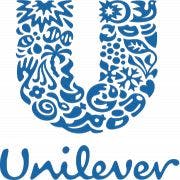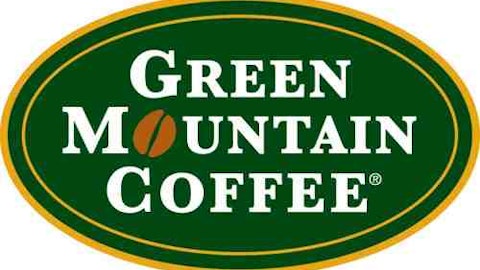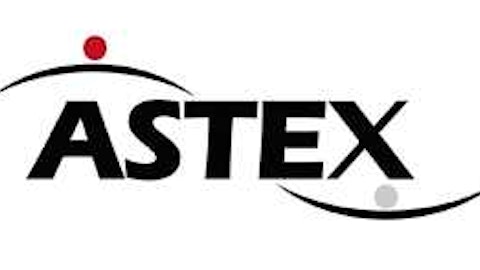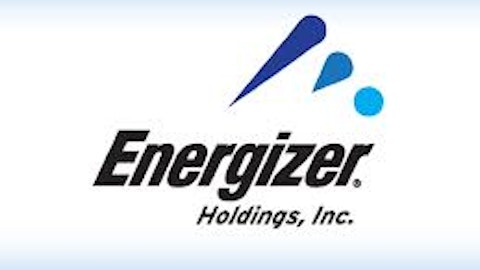Emerging-market stocks have been butchered over the past few months amid fears that the Federal Reserve will begin winding down its bond-buying program. Should this be considered the end of the famous emerging-markets story?
Before attempting to answer this question, one should first consider who is bailing on emerging-market stocks: foreign institutional investors, who are known to be short-term in nature.
Meanwhile, corporations are the longest-term investors, so it would be interesting to see what companies are doing. Are they also fleeing emerging markets, or are they piling in?
A lot of corporations are investing in the emerging markets through various means, such as increasing their stakes in foreign subsidiaries and using mergers and acquisitions to gain access to emerging-market consumers.
Lets look at a few examples.
Multinational corporations increasing stakes in subsidiaries

Unilever plc (ADR) (NYSE:UL) is one of the largest consumer companies in the world, with 2012 revenue of more than 51 billion euros and presence in more than 190 countries. It has more than 400 brands including famous ones like Lipton, Knorr, Dove, and Axe. Unilever plc (ADR) (NYSE:UL) derives more than 55% of its revenue from the emerging markets.
Unilever plc (ADR) (NYSE:UL) spent $3.3 billion to increase its stake in its Indian subsidiary Hindustan Unilever from 52.5% to 67.3% at a P/E ratio of 35.
Unilever plc (ADR) (NYSE:UL) Pakistan bought out its minority shareholders for $500 million and delisted from the Karachi Stock Exchange. The shares were valued at about 36 times 2012 earnings.
GlaxoSmithKline plc (ADR) (NYSE:GSK) is a health care and consumer company based in London with 2012 revenue of 26.4 billion pounds. The health care division has products related to major diseases like cancer, asthma, infections, etc. The consumer division includes brands like Sensodyne, Boost, Horlicks, and Lucozade. U.S. is the biggest market for GlaxoSmithKline plc (ADR) (NYSE:GSK), which generates 45% of its revenue in the country.
GlaxoSmithKline plc (ADR) (NYSE:GSK) recently increased its stake in its Indian subsidiary from 43.2% to 72.5% at a P/E ratio of 35. GlaxoSmithKline plc (ADR) (NYSE:GSK) spent 568 million euros for the bigger stake.
McGraw Hill Financial Inc (NYSE:MHFI) is a $4.5 billion financial intelligence company providing credit ratings, risk solutions, and analytics. It is the parent of Standard & Poor’s, the worlds largest credit-rating agency. S&P ratings account for 45% of McGraw Hill Financial Inc (NYSE:MHFI)’s revenue and 55% of its profit. The other divisions are S&P Capital, S&P Dow Jones Indices, and the commodities and commercial division.
McGraw Hill Financial Inc (NYSE:MHFI) recently acquired an additional 15% stake in its Indian subsidiary Crisil to raise its stake to 67.8%. It spent $214 million for the investment, and the open offer was at a P/E ratio of 45. Over the past five years, CRISIL’s revenue have increased at a compound annual growth rate of 19.3%, which makes it future prospects look bright.
M&A activities
Companies use M&A to acquire emerging-market business and access to upwardly mobile consumers.
Diageo plc (ADR) (NYSE:DEO) is the world’s largest producer of spirits. Some of the popular brands from the house include Johny Walker, Captain Morgan, Guinness, and Smirnoff. Emerging markets account for 42% of Diageo plc (ADR) (NYSE:DEO)’s revenue.
Diageo plc (ADR) (NYSE:DEO) has invested a lot of money in these markets through acquisitions. Here are some of the acquisitions Diageo has made in the past few years.
1). In 2013 Diageo acquired United Spirits, India’s largest spirit-manufacturer, for $521 million.
2). In 2012 Diageo acquired Ypioca, Brazil’s best-selling brand of premium cachaca, for $453 million.
3). In 2011 Diageo acquired Turkish liquor company Mey Icki for $2.1 billion.




